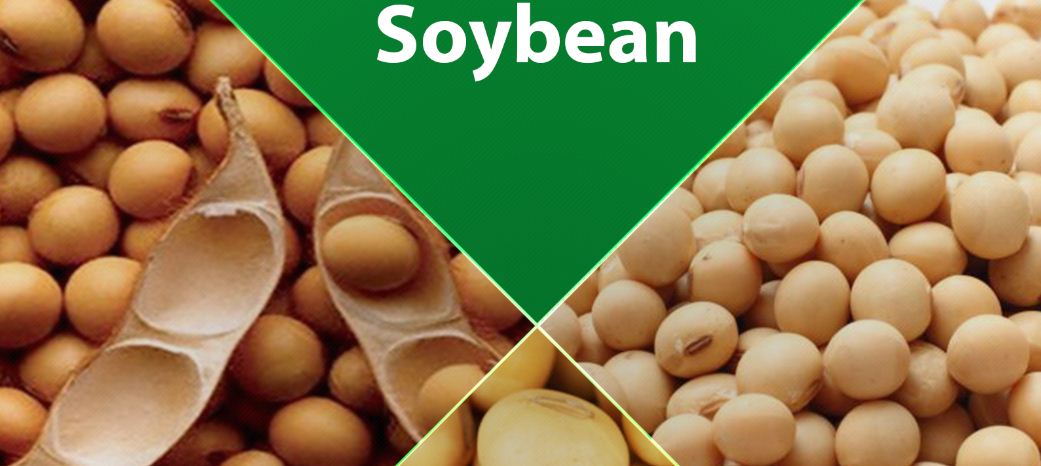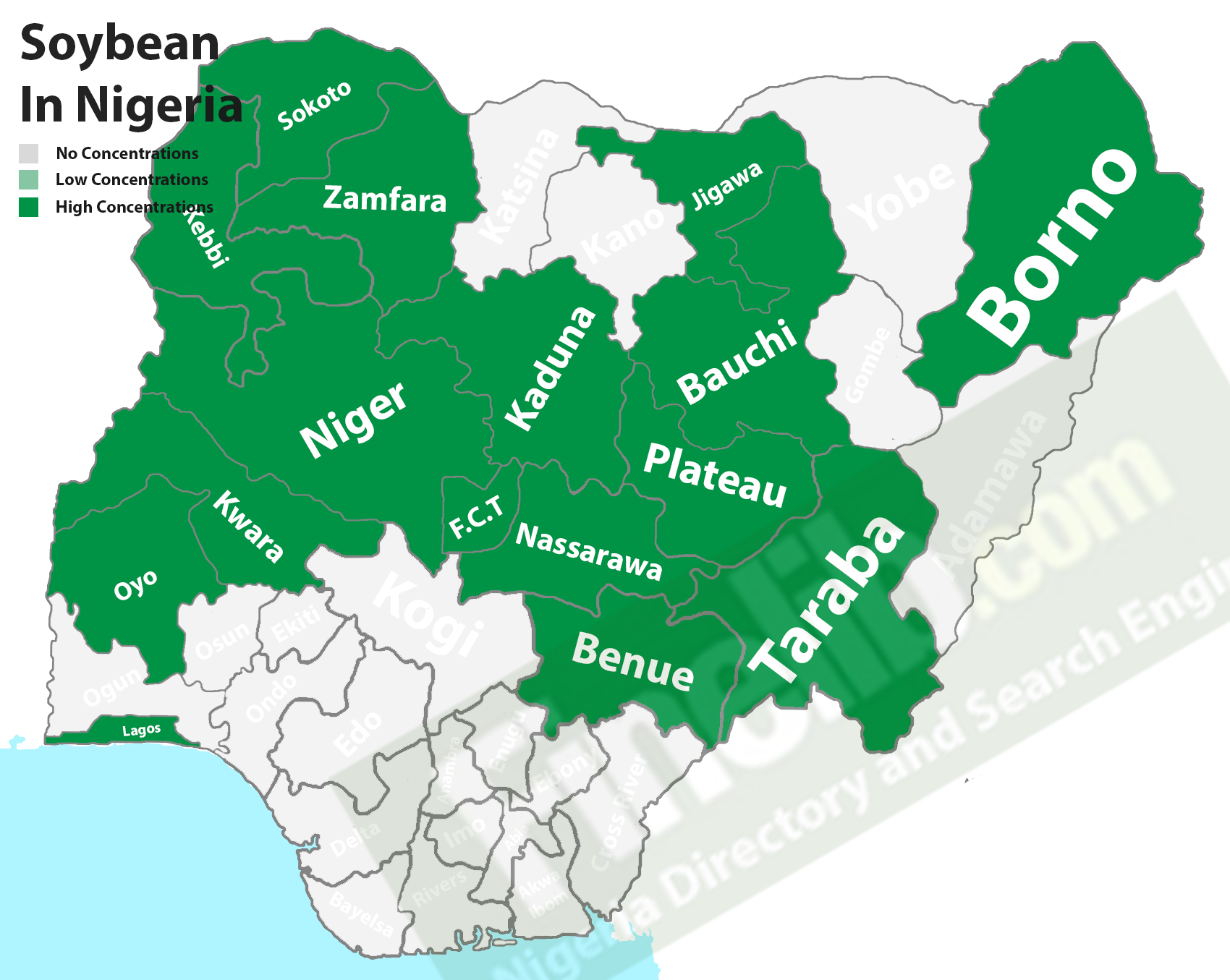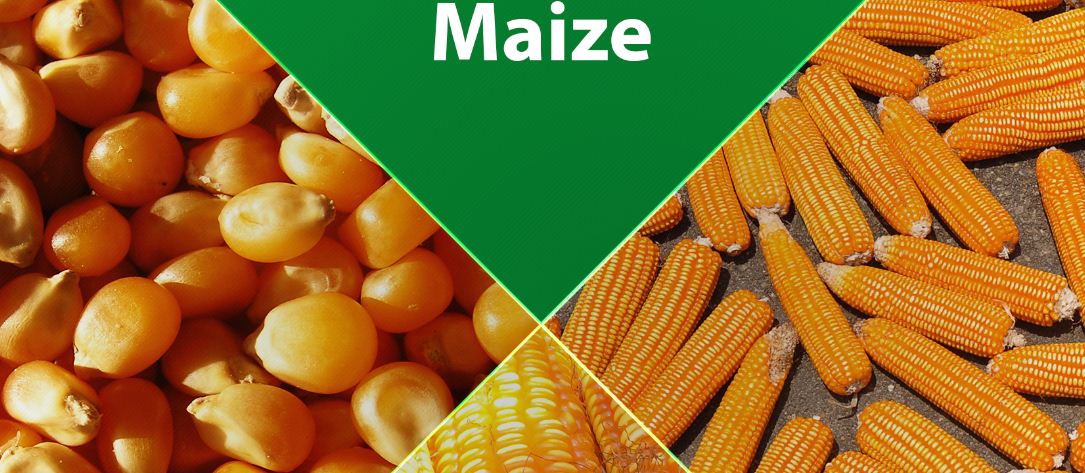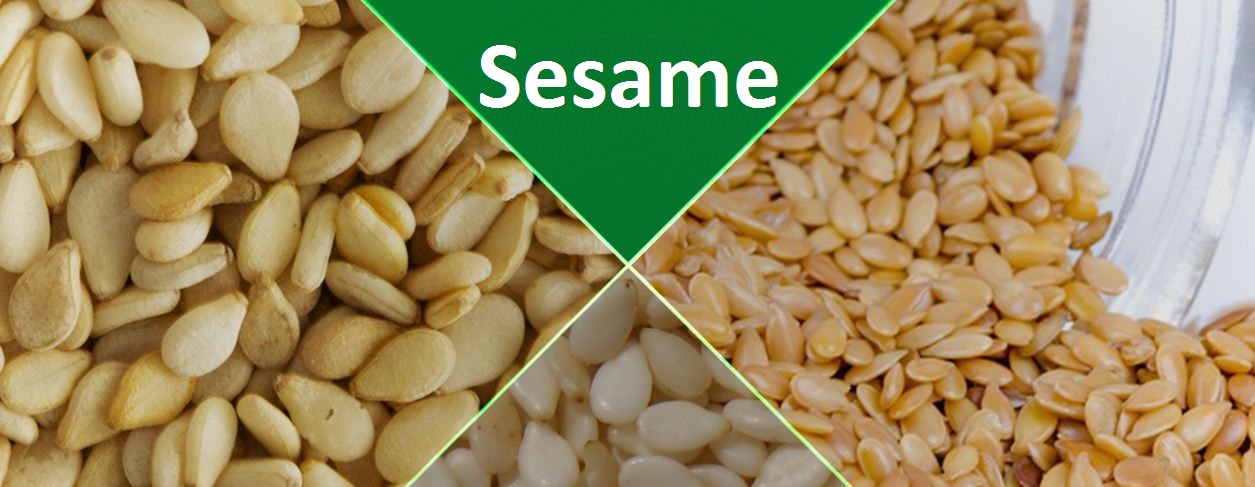Nigerian Soybean (Soyabean) Cultivation And The Producing States

Nigeria is the largest producer of soybeans in West Africa. Its major producing states are Kaduna, Niger, Kebbi, Nasarawa, Kwara, Oyo, Jigawa, Taraba, Borno, Benue, Bauchi, Lagos, Sokoto, Plateau, Zamfara, and Abuja FCT.
Soybean is also called Glycine max, it’s among the species of legume and widely grown for its edible bean with numerous uses. In Nigeria, it grows majorly in the middle belt accounting for 65-75% of the production in Nigeria.

Soybeans are grown from seeds planted in rows in the field and can grow well on various soils and climates. It takes about 4-7 days after planting to start growing and about 90 150 days after sowing to mature.
The pod of soya beans is usually green but turns yellowish brown when mature with the beans being hard and dry. Also, there are other varieties of soya beans that are black, brown, or green colored, although these varieties are rare.
After the soybeans are harvested, it is separated into pods and stems and can either be further processed or sold. The pod contains the soya beans, from which soya bean oil can be gotten, and is done by cracking the soybeans and subjecting it to heat at about 60oC- 88°C.
A solvent, mainly hexane, is added to extract the oil leaving behind the soya bean cake. The oil is then refined, blended, bleached, and maybe on some occasions hydrogenated, it can serve as a vegetable oil or a biodiesel fuel when further processed.
Soybean is among the world’s healthiest foods and has numerous health benefits such as;
- It contains vitamins and minerals like vitamin B and is a good protein, iron, and calcium source.
- It helps in cancer prevention due to the presence of isoflavone, which can increase the activity of p53, a tumor suppressor which can send signals to cell death (apoptosis) in cancer cells stopping the growth of cancer and its activities and the formation of tumors too.
- Helps reduce hot flash symptoms experienced mainly by women in their menopause and peri-menopause stages.
- Aids in the prevention of type 2 diabetes and other chronic health issues by reducing insulin resistance in the body and, at the same time, increasing the synthesis of the insulin receptors.
-
It helps in suppressing appetite thereby eliminating the possible chances of feeling hungry or overeating which in turns helps in weight loss and healthy weight gain too because of the presence of fiber and protein content.
- It is also suitable for the heart, digestive system, and bones, controlling the thyroid hormone, especially when it comes to goiter and numerous others.
The nutritional content of soybean;
molybdenum, copper, manganese, phosphorus, iron, omega-3 fatty acids, dietary fiber, vitamin B2, magnesium, vitamin K and potassium, proteins, peptides, and phytonutrients.
- It is used also for industrial purposes like ink, paint, and solvent manufacturing. The cake is used for livestock feeding.
- The cake is used for livestock feeding.
- The soya beans, without being processed, can be used in making soy milk or soya milk, which is one of the popular drinks in Nigeria and some African countries.




